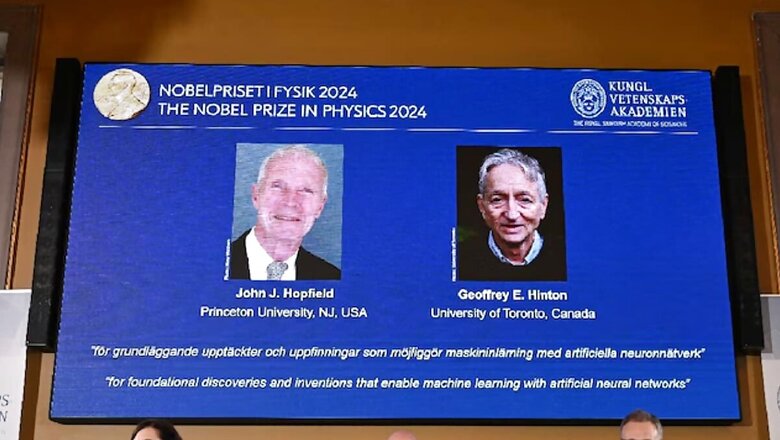
views
The 2024 Nobel Prize in Physics to Geoffrey Hinton and John Hopfield has stirred quite a debate in academic circles. The reason? The award was handed out for work in machine learning instead of physics, which evoked concerns regarding the criteria for such an honour.
The two researchers, Hinton and Hopfield, were rewarded for their early research on artificial intelligence that involves neural networks with concepts from statistical physics. Nobel Committee emphasised how these innovations revolutionised numerous fields, including physics as a discipline.
The Royal Swedish Academy of Sciences awarded the prize to Hopfield and Hinton for the invention of technologies using structures in networks for the processing of information, like memory and learning. The Academy was quick to note that even though machines cannot think, the laureates’ contributions have to do with imitating important cognitive functions.
Hopfield advanced the ability to develop a structure that can store and transform information, on the other hand, Hinton invented a technique through which artificial neural networks are able to find hidden patterns of information on their own. Their work became the basis of some advanced work that led to the present usage of powerful networks in the field of machine learning.
BREAKING NEWSThe Royal Swedish Academy of Sciences has decided to award the 2024 #NobelPrize in Physics to John J. Hopfield and Geoffrey E. Hinton “for foundational discoveries and inventions that enable machine learning with artificial neural networks.” pic.twitter.com/94LT8opG79— The Nobel Prize (@NobelPrize) October 8, 2024
However, critics say this direction deviates from standard physics research, thus reducing the importance of the award.
An X user stated, “The 2024 Nobel Prize in physics did not go to physics. This world gets funnier and funnier.”
The 2024 Nobel Prize in physics did not go to physics. This world get funnier and funnier.— Yiorgos Fil (@YiorgosFil) October 9, 2024
Another user commented saying, “Was this decision made by ChatGPT?”
Was this decision made by ChatGPT?— Andrew Fisher (@acpandy) October 8, 2024
Another user went on to say, “I can only imagine the pain for physicists.”
i can only imagine the pain for physicists ????— ℏεsam (@Hesamation) October 8, 2024
Meanwhile, a user mockingly mentioned, “Cillian Murphy and Margot Robbie have been honoured with the 2024 Nobel Prize in Physics for their work on the Barbenheimer effect.”
Cillian Murphy and Margot Robbie have been honored with the 2024 Nobel Prize in Physics for their work on the Barbenheimer effect. ????#NobelPrize pic.twitter.com/7QENPEvKkY— ANKIT PATEL ???????? | AI (@Ankit_patel211) October 8, 2024
“Did you know that most of Nolan’s movies are based on concepts from Physics? Are you giving him the next Nobel?” read a post.
Did you know that most of the Nolan's movies are based on concepts from Physics. Are you givim him the next Nobel ? https://t.co/5cjEDfeSK5— Narayan P. Subramaniyam (he/him/his) (@narayanps_) October 9, 2024
The Academy insisted, though, that the laureates employed tools from physics to construct their techniques. Hopfield and Hinton’s works relied on concepts of the discipline which helped develop systems with neural networks in their data processing.
2024 physics laureate Geoffrey Hinton used a network developed by his co-laureate John Hopfield as the foundation for a new network: the Boltzmann machine. This can learn to recognise characteristic elements in a given type of data.The Boltzmann machine can be used to classify… pic.twitter.com/LMinR0vA0n
— The Nobel Prize (@NobelPrize) October 8, 2024
Ellen Moons, a member of the Nobel committee at the Royal Swedish Academy of Sciences, told Associated Press that two laureates used basic principles of statistical physics to create artificial neural networks that function as associative memories and as pattern recognisers in large data sets. She stated that such networks have played a huge role in developing research in physics and are today incorporated into applications such as facial recognition and translation.
Hinton forecasted that AI would have a “huge influence” on civilisation by increasing efficiency and addressing the issues of healthcare. He compared its effect to that of the Industrial Revolution during a Q&A session with reporters and officials from the Royal Swedish Academy of Sciences – as cited by AP.












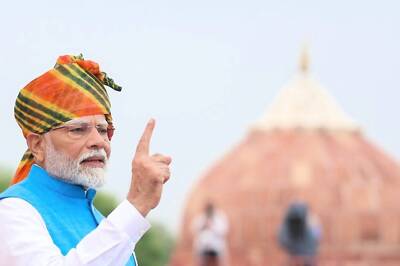
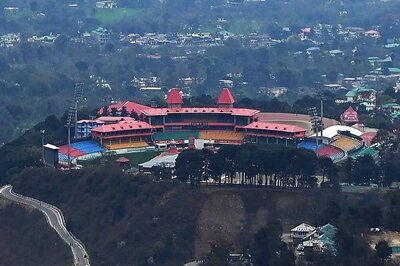


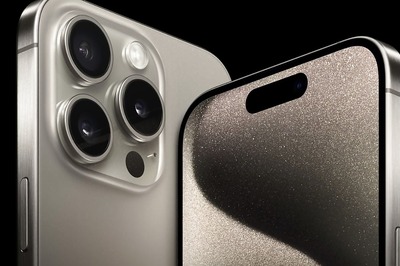
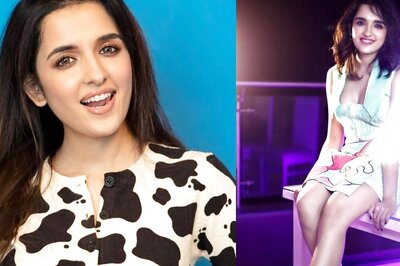


Comments
0 comment